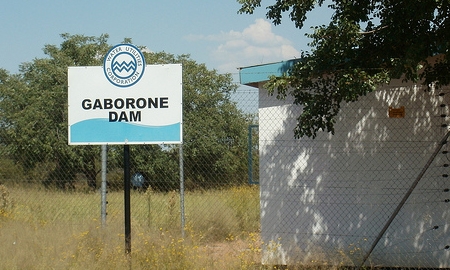Water is precious, especially in drought-prone areas of Africa. So to better protect and better manage valuable supplies, the National Water Master Plan Review (NWMPR) of 2005-2006 simplified Botswana’s water sector and divided operations between two entities. The Ministry of Minerals, Energy and Water Resources now looks after national policy and the development of resources and infrastructure, such as dams, while the
Water Utilities Corporation (
WUC) is charged with planning, constructing, operating, treating, maintaining and distributing water resources across the country.
“The government has a very ambitious plan for water,” says Godfrey Mudanga, managing director of the WUC, “which is probably more ambitious than our neighbours in South Africa. Our aim is to ensure that by 2016 we are supplying the whole nation with potable water.”
Today, the WUC supplies some 51 million cubic meters of potable water annually to its customers in more than 135 villages and is looking for investors to participate in public-private partnerships (PPPs) on a raft of development projects valued at over P10 billion (£870 million).
“The government has given us an assignment to explore where PPPs can come in. but it will not just be on the developing side – it will be on the operations side too,” says Mr Mudanga.
Botswana’s government has already constructed dams in the northeastern part of the country to meet water needs in the north, east and southern corridor until 2025. “Beyond 2025, we are working on getting water from the Zambezi water transfer scheme,” says Mr Mudanga. “We are also discussing with South Africa and Lesotho to get water from them across into the Kalahari area. This essentially will cover most of the country except an area around the desert. The groundwater there is generally sufficient but it is very saline: the government has a programme to install desalination plants across that whole area.”
The WUC has plans to decentralise its operations and has divided the country into 16 management areas, each with a CEO for the region to reduce the bureaucracy flowing through the head office in Gaborone. It is also part of its push for greater community interaction. “Through our corporate social responsibility initiatives we want to engage the community more,” says Mr Mudanga. “We are about to introduce village water supply committees so we can discuss water issues with the community and be seen as an integral part of the community, where we develop things and give back to the environment. It is about letting the community manage the water.”

0 COMMENTS